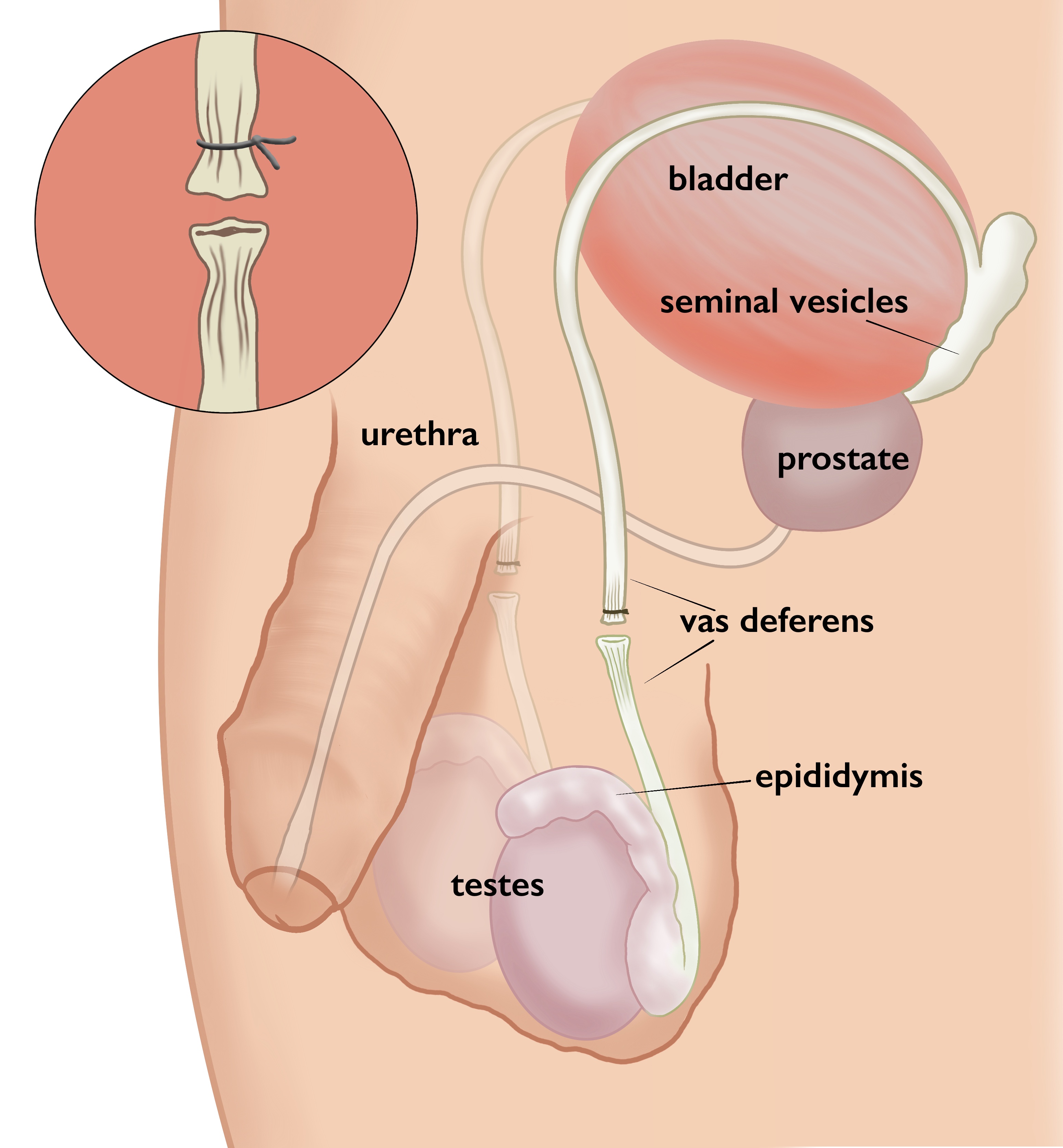|
ADPF 787
''ADPF 787'' was a case of the Supreme Court of Brazil concerning ease of access of transgender people to public healthcare in Brazil, provided by the Sistema Único de Saúde (SUS). The case's rapporteur, minister Gilmar Mendes, cast the initial vote asserting the right of any person, regardless of gender, to access healthcare they require, and the Court unanimously agreed. Specifically, the case concerned ease of access of transgender people to traditionally gendered care, such as gynecology and urology. Computer systems in place would sometimes prevent requests for appointments by people with the "incorrect" gender, which disproportionally affected transgender people. The Court unanimously ruled that such systems must be altered and improved to prevent further exclusions. Background The case was requested by the Workers' Party in objection to obstacles encountered by transgender people, during the presidency of Jair Bolsonaro, while attempting to access the country's public ... [...More Info...] [...Related Items...] OR: [Wikipedia] [Google] [Baidu] |
Supreme Federal Court
The Federal Supreme Court (, , abbreviated STF) is the supreme court (court of last resort) of Brazil, serving primarily as the country's Constitutional Court. It is the highest court of law in Brazil for constitutional issues and its rulings cannot be appealed. On cases involving exclusively non-constitutional issues, regarding federal laws, the highest court is, by rule, the Superior Court of Justice. History The current court was preceded by the House of Appeals of Brazil (Casa de Suplicação do Brasil), which was inaugurated during the colonial era on 10 May 1808, the year that the Portuguese royal family (the House of Braganza) arrived in Rio de Janeiro after fleeing to Brazil. The Brazilian proclamation of Independence and the adoption of the Imperial Constitution in 1824 preceded the establishment of the Supreme Court of Justice () in 1829, which served as the Brazilian Empire's supreme court. With the fall of the monarchy and Brazil's first Republican Consti ... [...More Info...] [...Related Items...] OR: [Wikipedia] [Google] [Baidu] |
Sistema Único De Saúde
The ''Sistema Único de Saúde'' (, ''Unified Health System''), better known by the acronym SUS, is Brazil's publicly funded health care system. Created in 1990, the SUS is the largest government-run public health care system in the world, by number of beneficiaries/users (virtually 100% of the Brazilian population; 220 million people), land area coverage (3.3 million square miles), and affiliated network/number of treatment centers (over 50,000 clinics). The system is entirely free of any cost at the point of service for any person, including foreigners. The SUS provides services ranging from primary care to complex procedures and offers emergency care for people who suffer accidents through the Mobile Emergency Care Service (SAMU). The Brazilian health system also provides free vaccines and medicines for people with various diseases (such as diabetes, high blood pressure, asthma, HIV and Alzheimer's), funds research in the area of epidemiology and monitors the quality of food ... [...More Info...] [...Related Items...] OR: [Wikipedia] [Google] [Baidu] |
Brazilian Legislation
Brazilian commonly refers to: * Brazil, a country * Brazilians, its people * Brazilian Portuguese, its dialect Brazilian may also refer to: * "The Brazilian", a 1986 instrumental music piece by Genesis * Brazilian Café, Baghdad, Iraq (1937) * Brazilian cuisine ** Churrasco, or Brazilian barbecue * Brazilian-cut bikini, a swimsuit revealing the buttocks * Bikini waxing#Brazilian waxing, Brazilian waxing, a style of pubic hair removal * Mamelodi Sundowns F.C., a South African football club nicknamed ''The Brazilians'' See also * Brazil (other) * ''Brasileiro'', a 1992 album by Sergio Mendes * Brazilian jiu-jitsu, a martial art and combat sport system * Culture of Brazil * Football in Brazil {{Disambiguation Language and nationality disambiguation pages ... [...More Info...] [...Related Items...] OR: [Wikipedia] [Google] [Baidu] |
Healthcare In Brazil
Healthcare in Brazil is a constitutional right. It is provided by both private and government institutions. The Ministry of Health of Brazil administers national health policy. Primary healthcare remains the responsibility of the federal government, elements of which (such as the operation of hospitals) are overseen by individual states. Public healthcare is provided to all Brazilian permanent residents and foreigners in Brazilian territory through the National Healthcare System, known as the Unified Health System (, SUS). The SUS is universal and free for everyone. History The National Ministry of Health was founded in 1953. The authoritarian military government introduced health care reforms in the 1970s to extend its control and legitimacy over the North and Northeast of Brazil where the military had limited presence. Until 1988, the health care system was centralized in the hands of the federal government and limited in its health care coverage. Prior to 1988, health car ... [...More Info...] [...Related Items...] OR: [Wikipedia] [Google] [Baidu] |
Supremo Tribunal Federal
The Federal Supreme Court (, , abbreviated STF) is the supreme court (court of last resort) of Brazil, serving primarily as the country's Constitutional Court. It is the highest court of law in Brazil for constitutional issues and its rulings cannot be appealed. On cases involving exclusively non-constitutional issues, regarding federal laws, the highest court is, by rule, the Superior Court of Justice (Brazil), Superior Court of Justice. History The current court was preceded by the House of Appeals of Brazil (Casa de Suplicação do Brasil), which was inaugurated Colonial Brazil, during the colonial era on 10 May 1808, the year that the Portuguese royal family (the House of Braganza) arrived in Rio de Janeiro after Transfer of the Portuguese court to Brazil, fleeing to Brazil. The Brazilian Independence of Brazil, proclamation of Independence and the adoption of the Brazilian Constitution of 1824, Imperial Constitution in 1824 preceded the establishment of the Supreme Cou ... [...More Info...] [...Related Items...] OR: [Wikipedia] [Google] [Baidu] |
Flávio Dino
Flávio Dino de Castro e Costa (born 30 April 1968) is a Brazilian attorney-at-law, attorney, Supreme Court Justice, politician and professor. A former federal judge, Dino was elected to the Chamber of Deputies (Brazil), Chamber of Deputies in 2006 under the Communist Party of Brazil, Communist Party banner, serving a four-year term until 2011, representing the state of Maranhão. He was elected as the governor of Maranhão after running in the 2014 election. He became the governor of Maranhão on 1 January 2015. He was reelected in 2018. In 2021, Dino left the Communist Party to join the Brazilian Socialist Party, Socialist Party, and was appointed Minister of Justice by President Lula. Dino also served 3 years as president of Embratur, a federal agency promoting Brazilian tourism, between his legislative term and gubernatorial term. Dino was considered a leading left-wing candidate in the 2022 Brazilian general election, 2022 presidential election but chose to forgo a candidacy ... [...More Info...] [...Related Items...] OR: [Wikipedia] [Google] [Baidu] |
Cristiano Zanin
Cristiano Zanin Martins (born 15 November 1975) is a Brazilian attorney and professor who serves as justice of the Supreme Federal Court. He gained notoriety as personal attorney of president Luiz Inácio Lula da Silva in lawsuits related to Operation Car Wash. On 1 June 2023, Zanin was appointed by president Lula da Silva as Justice of the Supreme Federal Court, replacing retired Justice Ricardo Lewandowski. His nomination was approved by the Federal Senate in a voting of 58–18 on 21 June 2023. Early life and academics The son of Maria Roseli and Nelson Martins, Cristiano Zanin was born in Piracicaba into a middle-class family and moved to São Paulo in 1994 to study at the Law School of the Pontifical Catholic University of São Paulo (PUC-SP), graduating in 1999. He concluded a specialization in civil procedure at the same university. He taught civil law at the Autonomous School of Law (FADISP) in São Paulo. Zanin is one of the authors of the book "''Lawfare: uma introd ... [...More Info...] [...Related Items...] OR: [Wikipedia] [Google] [Baidu] |
Childbirth
Childbirth, also known as labour, parturition and delivery, is the completion of pregnancy, where one or more Fetus, fetuses exits the Womb, internal environment of the mother via vaginal delivery or caesarean section and becomes a newborn to the world. In 2019, there were about 140.11 million human births globally. In Developed country, developed countries, most deliveries occur in hospitals, while in Developing country, developing countries most are home births. The most common childbirth method worldwide is vaginal delivery. It involves four stages of labour: the cervical effacement, shortening and Cervical dilation, opening of the cervix during the first stage, descent and birth of the baby during the second, the delivery of the placenta during the third, and the recovery of the mother and infant during the fourth stage, which is referred to as the Postpartum period, postpartum. The first stage is characterised by abdominal cramping or also back pain in the case of B ... [...More Info...] [...Related Items...] OR: [Wikipedia] [Google] [Baidu] |
Vasectomy
Vasectomy is an elective surgical procedure that results in male sterilization, often as a means of permanent contraception. During the procedure, the male vasa deferentia are cut and tied or sealed so as to prevent sperm from entering into the urethra and thereby prevent fertilization of a female through sexual intercourse. Vasectomies are usually performed in a physician's office, medical clinic, or, when performed on a non-human animal, in a veterinary clinic. Hospitalization is not normally required as the procedure is not complicated, the incisions are small, and the necessary equipment routine. There are several methods by which a surgeon might complete a vasectomy procedure, all of which occlude (i.e., "seal") at least one side of each vas deferens. To help reduce anxiety and increase patient comfort, those who have an aversion to needles may consider a "''no-needle''" application of anesthesia while the ' no-scalpel' or 'open-ended' techniques help to accelerate r ... [...More Info...] [...Related Items...] OR: [Wikipedia] [Google] [Baidu] |
Presidency Of Jair Bolsonaro
Jair Bolsonaro's tenure as the 38th president of Brazil began with his inauguration on 1 January 2019, and ended on 1 January 2023. Bolsonaro took office following his victory in the 2018 Brazilian general election, 2018 general election, defeating Fernando Haddad. His presidency ended after one term in office, following his defeat in the 2022 Brazilian general election, 2022 general election to Luiz Inácio Lula da Silva. In the years Brazil has been a democracy since 1985 Brazilian presidential election, 1985, Bolsonaro became the first president to lose an election as an incumbent. His government was characterized by the strong presence of ministers with a military background, international alignment with the Right-wing populism, populist right and autocratic leaders, and was recognized for his anti-environmental, Genocide of indigenous peoples in Brazil, anti-indigenous people and Right to keep and bear arms, pro gun policies. He was also responsible for a broad dismantling ... [...More Info...] [...Related Items...] OR: [Wikipedia] [Google] [Baidu] |
Urology
Urology (from Ancient Greek, Greek wikt:οὖρον, οὖρον ''ouron'' "urine" and ''wiktionary:-logia, -logia'' "study of"), also known as genitourinary surgery, is the branch of medicine that focuses on surgical and medical diseases of the urinary system and the reproductive organs. Organs under the domain of urology include the kidneys, adrenal glands, ureters, urinary bladder, urethra, and the male reproductive organs (testes, epididymis, epididymides, vas deferens, vasa deferentia, seminal vesicles, prostate, and Human penis, penis). The urinary and reproductive tracts are closely linked, and disorders of one often affect the other. Thus a major spectrum of the conditions managed in urology exists under the domain of genitourinary disorders. Urology combines the management of medical (i.e., non-surgical) conditions, such as urinary-tract infections and benign prostatic hyperplasia, with the management of surgical conditions such as bladder or prostate cancer, kidney st ... [...More Info...] [...Related Items...] OR: [Wikipedia] [Google] [Baidu] |





